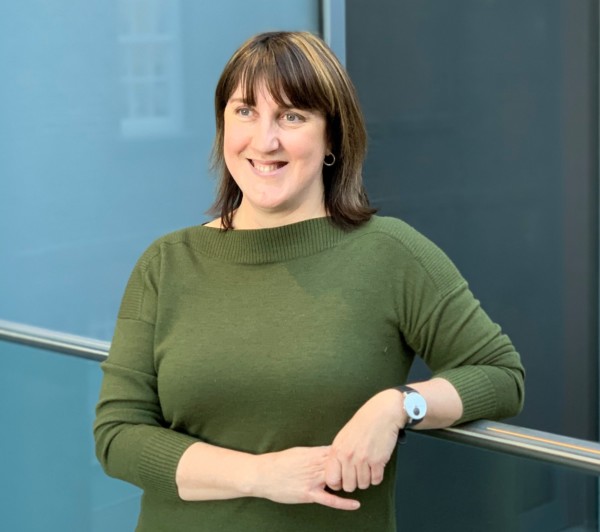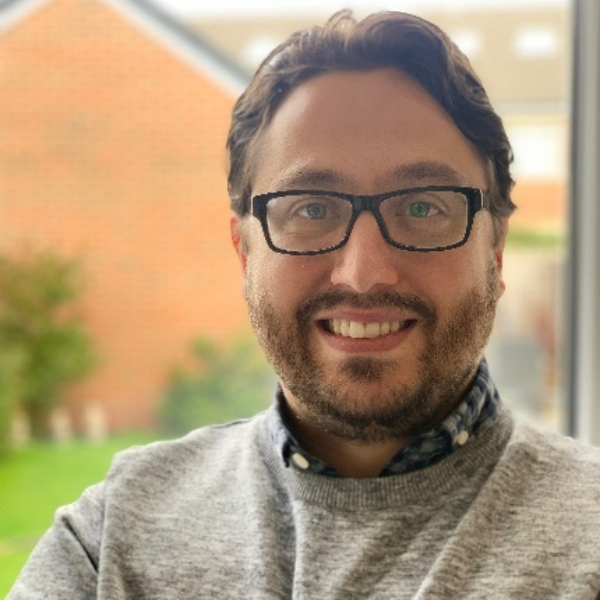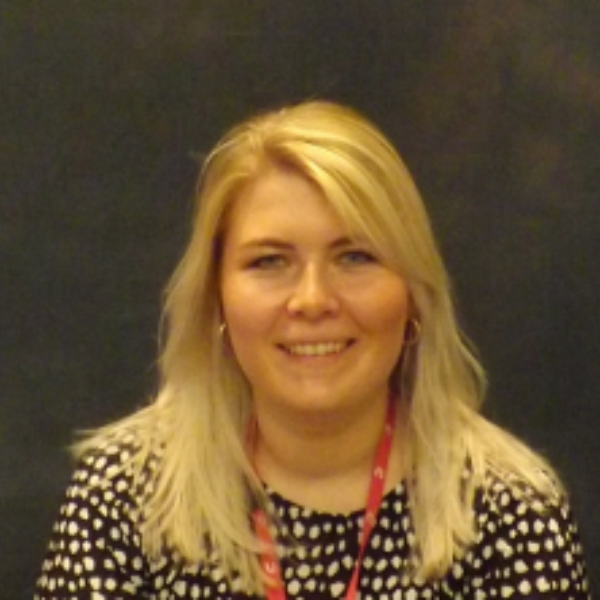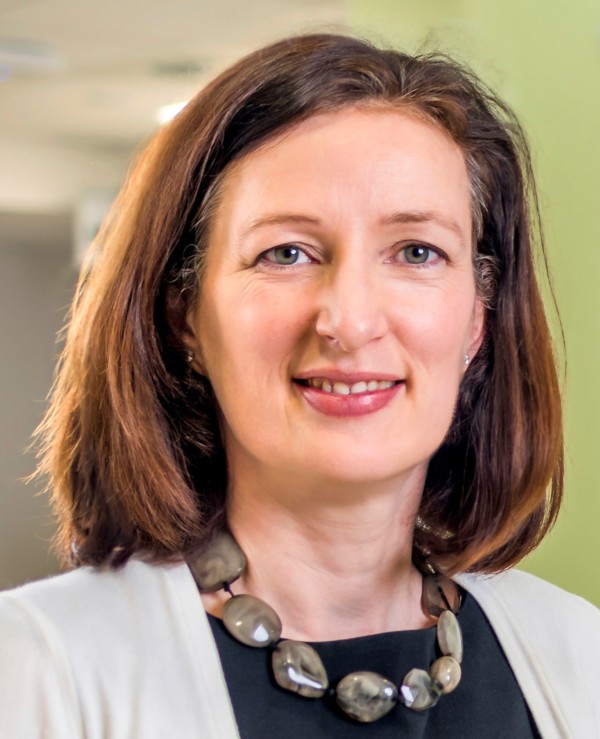Innovator Insights blog – Building your research network and the value of teams
In collaboration with Translation Manchester, the Innovator Training Scheme (ITS) aims to equip and inspire researchers to explore and develop impactful research alongside industry and commercial partners.
Continuing our Innovator Insights blog series, speakers from our ‘Building your research network and the value of teams’ session share their key takeaways and advice. The session is also available to watch back on the BRC YouTube channel.

Ruth Norris, Head of Digital Strategy, Manchester BRC
There’s no I in team
Team science is a collaborative and cross-disciplinary effort. While traditional research structures are single discipline and hierarchical, a team science approach works to combine different perspectives to answer complex questions.
Team design is crucial
A critical factor in team science is diversity: of specialisms, experience, expertise, and perspective etc. It’s this diversity that creates a team that can deliver something really special.
Don’t put people into boxes
Giving people some flexibility around their roles is important in developing talent and potential or succession and progression. Rather than seeing someone’s capabilty purely based on their job description – academic, software engineer etc. – encourage them to experiment; nurture their strengths and experience. Could project support staff be an asset in teaching? Are some researchers keen to get involved in public engagement?
Alessandro Faroni, Translation Research Manager, Translation Manchester
Diversity in the team and multidisciplinary expertise are essential for the journey of any innovation, from conception to implementation. Indeed, thanks to a Team Science approach, translational ideas benefit from a wider breath, the enhanced and diverse expertise will lead to more radical innovations, and the power of the network will increase the chances of the intervention/innovation to be successfully deployed and retained.
If you watch the video from the session, I share (with the help of The Simpsons) more on my translational experience of team science, delivering a Phase 1 clinical trial for a new medical device.


Rachel Chown, Education and Development Lead, Manchester Cancer Research Centre
For my perspective, it’s really important that our more traditional leaders and senior academics advocate the importance of Team Science, and the utility of all of our different roles, and really push that agenda forward.
Our Town Hall sessions at the MCRC brought together academics, clinicians, health and care staff and patients, to discuss ideas and the questions that can help solve big problems in cancer research and care. Through these we funded some small-scale projects which went on to leverage further funding and grants into these areas.
Natalie Cook, one of our researchers at The Christie, recently won an £1 million Innovate UK grant for her project with on Cancer of the Unknown Primary (CUP). The project – which aims to improve diagnosis and treatment of CUP – sees her working with astronomers from Durham University – which is one example showing the value of working with other disciplines and thinking outside of the box.
We have seen our major funders recognising the importance of Team Science and becoming more open in terms of the disciplines supported as part of their research funding. One example is a recent submission we have made to the Wellcome Trust for a PhD programme. Traditionally they have funded medics and clinicians within these PhD programmes, but this round they opened up eligibility to include nurses, Allied Health Professionals and other disciplines.
Professor Fiona Thistlethwaite, Medical Consultant, The Christie NHS Foundation Trust & iMATCH Director
The iMATCH consortium is designed to improve patient access to advanced therapies medical products (ATMPs), through the collection of patient samples, knowledge sharing, development of infrastructure, training and education.
A project the size of iMATCH had a lot of challenges with so many partners. The key to making this work as a team was having different partners leading our different ‘work packages’, with academics leading work on sample collection, clinical partners on treatment and monitoring of patients, and commercial partners ones on manufacture. For more overarching work, we incorporated people in different roles, such as one of our Advanced Nurse Practitioners at The Christie leading on our training and education across the project, so we really tried to bring in a diverse range of specialists. The flexibility of the team has also allowed us to quickly develop new projects during COVID-19, such as wearable technologies to monitor patients.

iMATCH is also part a wider Advanced Therapy Treatment Centres (ATTC) network, which brings together other UK centres involved in Advanced Therapies. One of its biggest successes has been a collaborative effort to invest in knowledge sharing across all the clinical, academic and commercial partners across the different centres.